Gas limit
Gas limit
Understanding Gas Limit
In the world of cryptocurrencies, particularly on Ethereum-based platforms, the term Gas limit is crucial. It refers to the maximum amount of gas you're willing to spend on a transaction or smart contract execution. Gas is the fee, paid in Ethereum's native currency, Ether, required to perform any operation on the blockchain.
Why is Gas Limit Important?
The Gas limit serves as a control mechanism that protects you from spending too much Ether on fees. By setting a limit, you tell the network the maximum amount you are comfortable spending. If the transaction requires more gas than the limit you set, it will not be completed, thus preventing any undesirable loss of Ether.
How to Set the Right Gas Limit
Determining the correct Gas limit can be tricky. Set it too low, and your transaction may fail, as it won't have enough gas to be processed. Set it too high, and you risk paying more than necessary. The key is to find a balance based on current network demand and the complexity of the transaction.
Gas Limit and Transaction Speed
One common myth is that a higher Gas limit speeds up transaction processing. However, it’s the gas price, not the gas limit, that influences how quickly a transaction is processed. The gas limit merely ensures that the transaction has enough fuel to complete, given it's complex enough to require such an amount.
Conclusion
Remember, setting the appropriate Gas limit for transactions on any cryptocurrency exchange or all-in-one platform is vital to ensure that your transactions are completed successfully without wasting funds. Always check the latest network status to make more informed decisions about the correct limit to set.
Blog Posts with the term: Gas limit
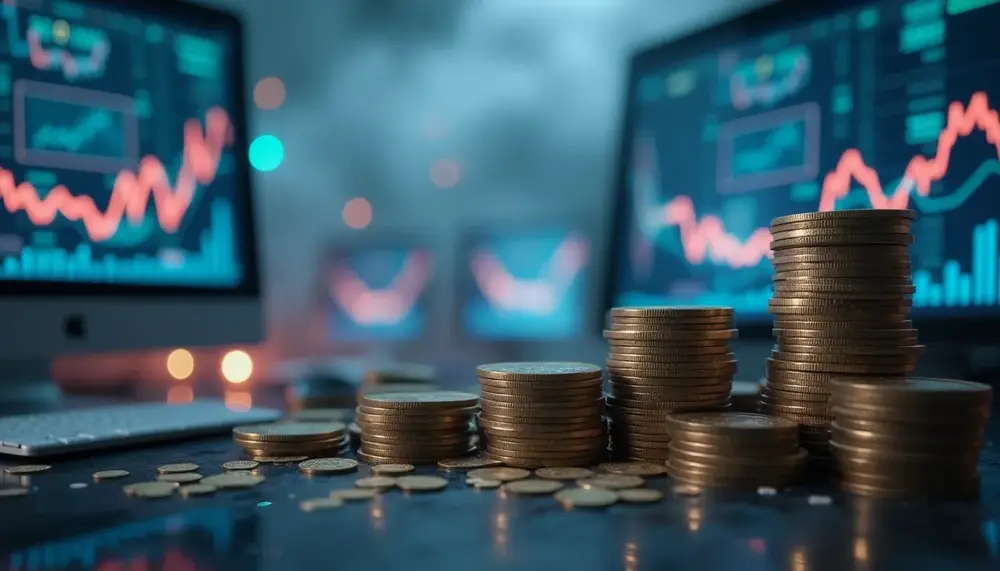
The cryptocurrency market faces significant volatility, with analysts predicting a recovery period of over two months due to historical patterns and recent events like Bitcoin's drop below $100K. Meanwhile, Ethereum ETFs hit record trading volumes amid price fluctuations, Ripple (XRP)...

BlackRock has raised concerns about Bitcoin's 21 million supply cap potentially changing, which could affect its status as a scarce asset, while Federal Reserve policies are impacting cryptocurrency momentum with potential market corrections....

The cryptocurrency market faces significant volatility due to U.S.-China tariff tensions, with Bitcoin and XRP experiencing price drops, while Ethereum shows mixed signals amid network updates and whale activity. Analysts remain divided on the market's future as external economic pressures...
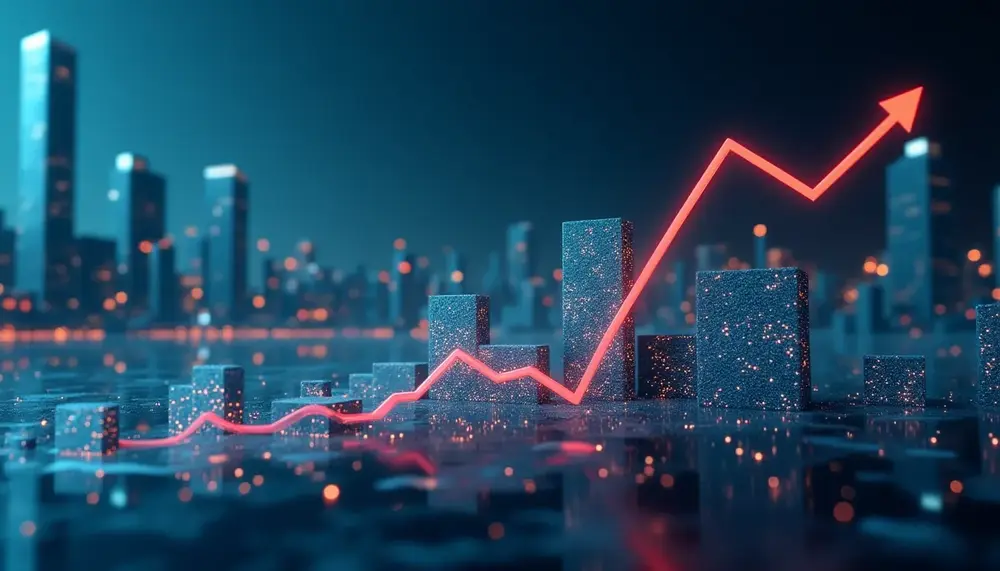
The article discusses Bitcoin's recent price drop and outlines reasons for a potential recovery, including historical rebound patterns, institutional interest from 'whales' like MicroStrategy, and bullish technical analysis suggesting targets up to $122,000....

The cryptocurrency market faces volatility amid President Trump's tariff threats, with Bitcoin nearing $100K and Ethereum struggling despite investor optimism. Federal Reserve Chair Jerome Powell signals a shift in crypto policy, allowing banks to serve crypto customers if risks are...
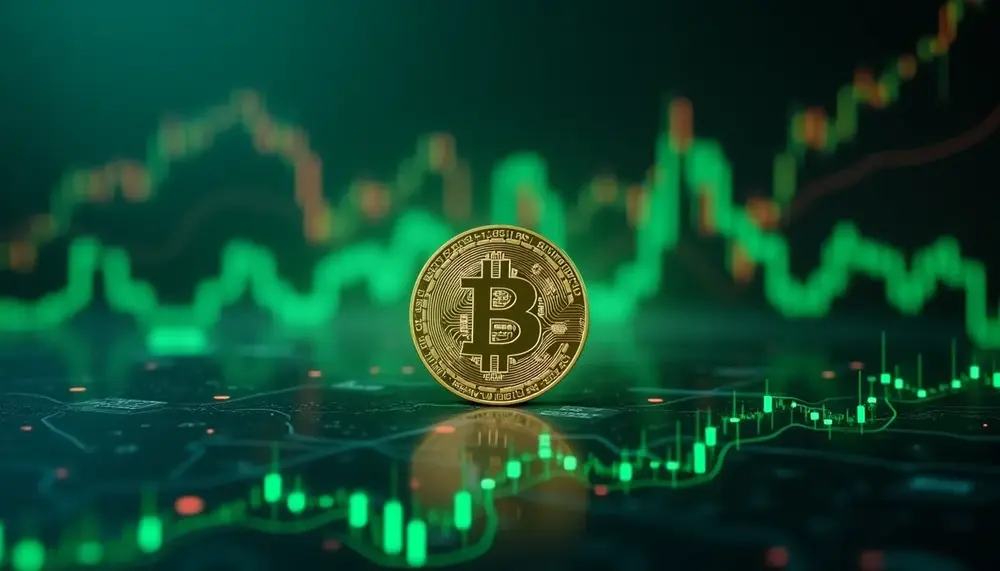
The cryptocurrency market has shown volatility amid US-Mexico tariff delays, trade tensions with China, and global economic uncertainty, impacting Bitcoin and altcoins. Despite fluctuations, XRP demonstrated resilience due to legal progress, while analysts highlight the growing correlation between crypto prices...

The cryptocurrency market faces uncertainty due to Google's quantum chip raising security concerns, with Bitcoin and Ethereum experiencing price declines amid geopolitical tensions. Meanwhile, Goldman Sachs considers entering crypto spot trading if regulations permit, as mixed sentiments persist in the...

Bitcoin's price surge past $106,000 is linked to policy shifts and economic concerns, while XRP faces short-term challenges but maintains long-term optimism; MicroStrategy sees a 6.5% pre-market rise amid Bitcoin's climb, as countries like Russia and China amass Bitcoin reserves...
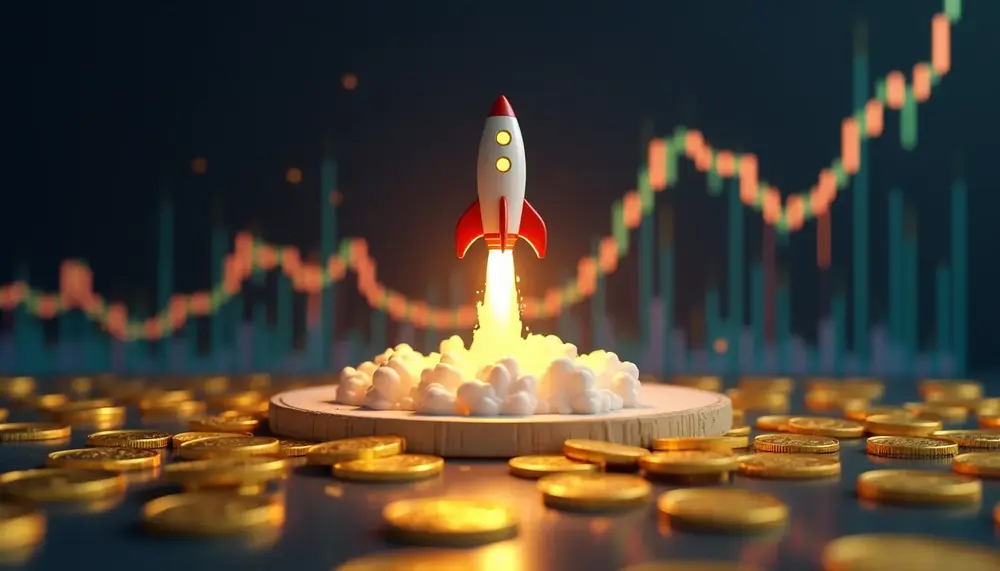
If Bitcoin reaches $325K and Ethereum hits $22.5K as predicted by VanEck, Dogecoin could potentially trade at around $1.82, setting a new all-time high; meanwhile, historical trends suggest Bitcoin might experience another "Santa Rally," possibly pushing its price to $120K...
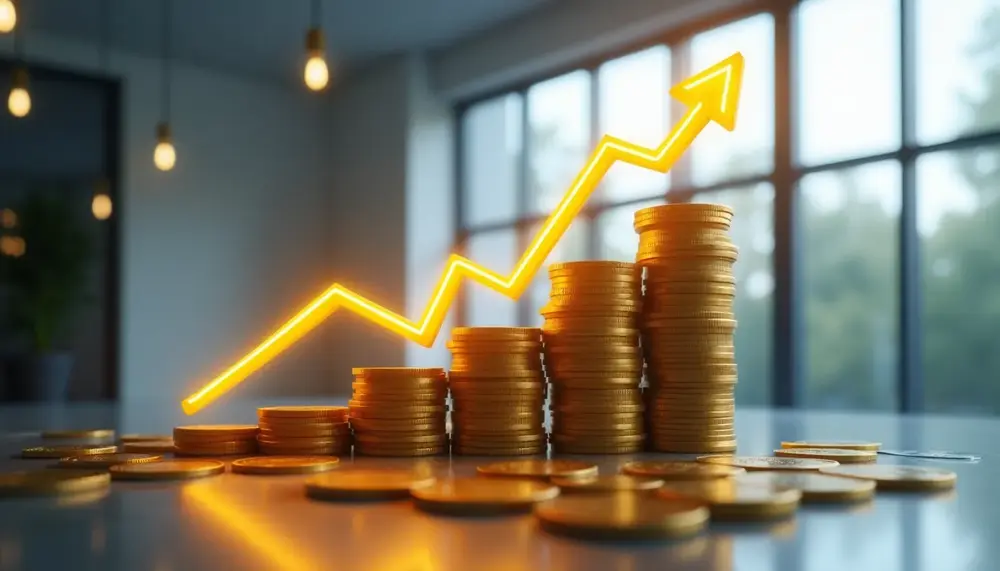
XRP has surged significantly, driven by bullish momentum and ETF optimism, with analysts speculating further gains; Bitcoin remains stable while altcoins show mixed performance....
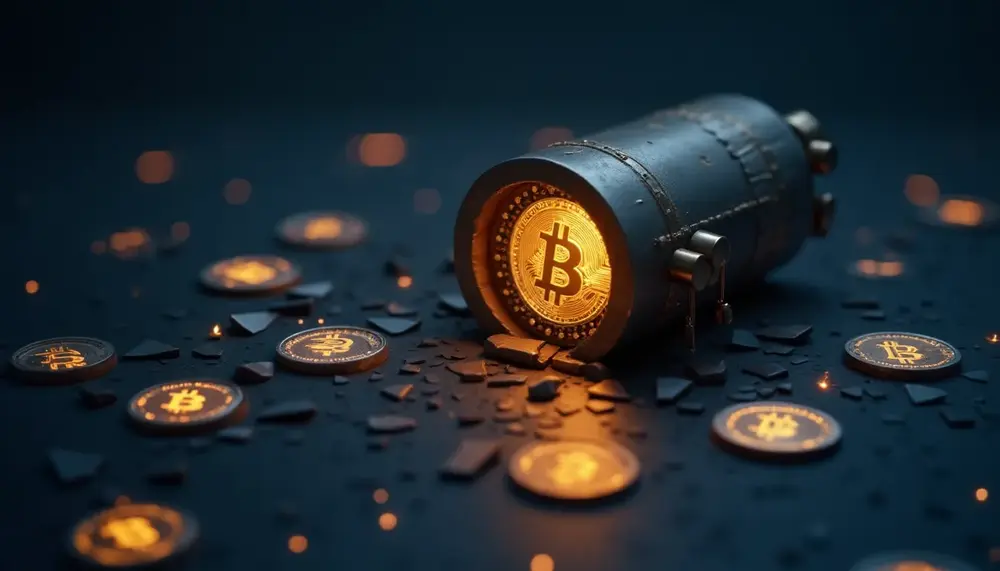
Bitcoin, Ethereum, and Ripple show continued weakness with potential further declines, while Ethereum faces leadership challenges but gains Wall Street interest. Meanwhile, crypto presales like $TLD and meme tokens such as Dogen attract investor attention for their growth potential....
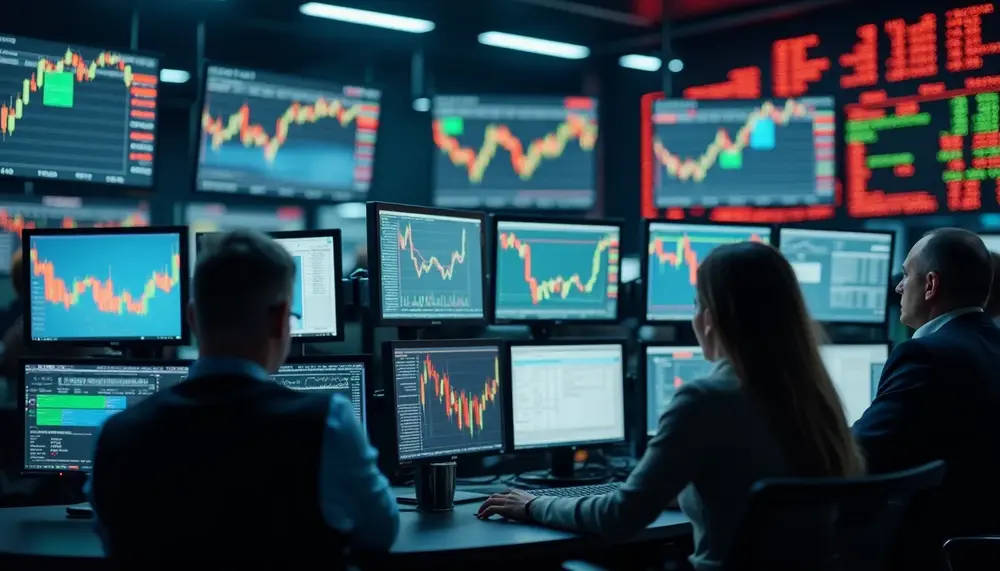
The cryptocurrency market is experiencing significant volatility, with Bitcoin's price dropping amid geopolitical tensions and U.S. interest rate uncertainties, leading to $1.5 billion in liquidations and affecting altcoins like Ethereum and Solana; meanwhile, Jetking Infotrain becomes India's first public company...

Yuga Labs sold Meebits NFT IP to The Meebit Company, which plans community rewards, while Ethereum prepares for its transformative Pectra upgrade in April 2025. Meanwhile, Millennium Management disclosed significant crypto ETF holdings as SafeMoon and Solana-based meme coins gain...

Bitcoin rebounded to $84,000 despite market turmoil caused by new tariffs, while Ethereum faced bearish trends with prices dropping below $1,800. Crypto-related stocks declined sharply, and the total cryptocurrency market cap fell to $2.6 trillion amidst reduced investor interest in...

